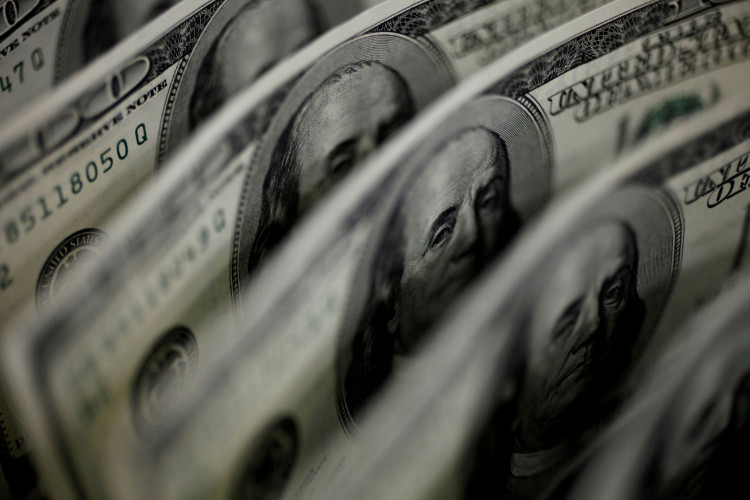The U.S. dollar is on track to achieve its first weekly gain in almost two months as investors increased their bets on the Federal Reserve raising interest rates in May. Meanwhile, an unexpected improvement in the eurozone economy during April has bolstered the euro. As a result, the dollar index, reflecting the U.S. currency's performance against six others, rose 0.1% on the day and is heading for a weekly gain of 0.4%, the first since late February.
An unanticipated acceleration in the eurozone's recovery this month can be attributed to a surge in demand for services sector, counterbalancing a deepening decline in manufacturing. Preliminary surveys indicated a similar dynamic in Germany and France, the region's two largest economies. The euro remained flat against the dollar at $1.0973 but recovered from a session low of $1.0938. It also increased by 0.5% against sterling to 88.86 pence.
However, the dollar has been dominant this week. Fed officials have emphasized that inflation remains worryingly high and that interest rates must continue to rise. Money markets indicate that traders expect a quarter-point U.S. rate hike in May, which should theoretically support the dollar. However, the U.S. currency's gains have been limited due to a series of anticipated rate cuts as the economy slows.
Fiona Cincotta, a strategist at City Index, commented on the situation: "The rhetoric from the Fed is quite clear, but the market is still forging its own path of these rate cuts by the end of the year." She added that either the Fed would need to provide hints of a dovish pivot or the market would have to reassess its expectations for the rest of the year.
Thursday's data added to concerns about a potential recession, as new claims for unemployment benefits increased, and factory activity in the mid-Atlantic manufacturing region reached a three-year low in April. Joseph Capurso, head of international and sustainable economics at Commonwealth Bank of Australia (CBA), stated, "The U.S. economy is heading to recession." Nevertheless, he pointed out that inflation remains stubbornly high, leading CBA to predict at least one more interest rate increase by the Fed.
Upcoming flash U.S. business activity surveys could provide a more comprehensive view of global economic health.




